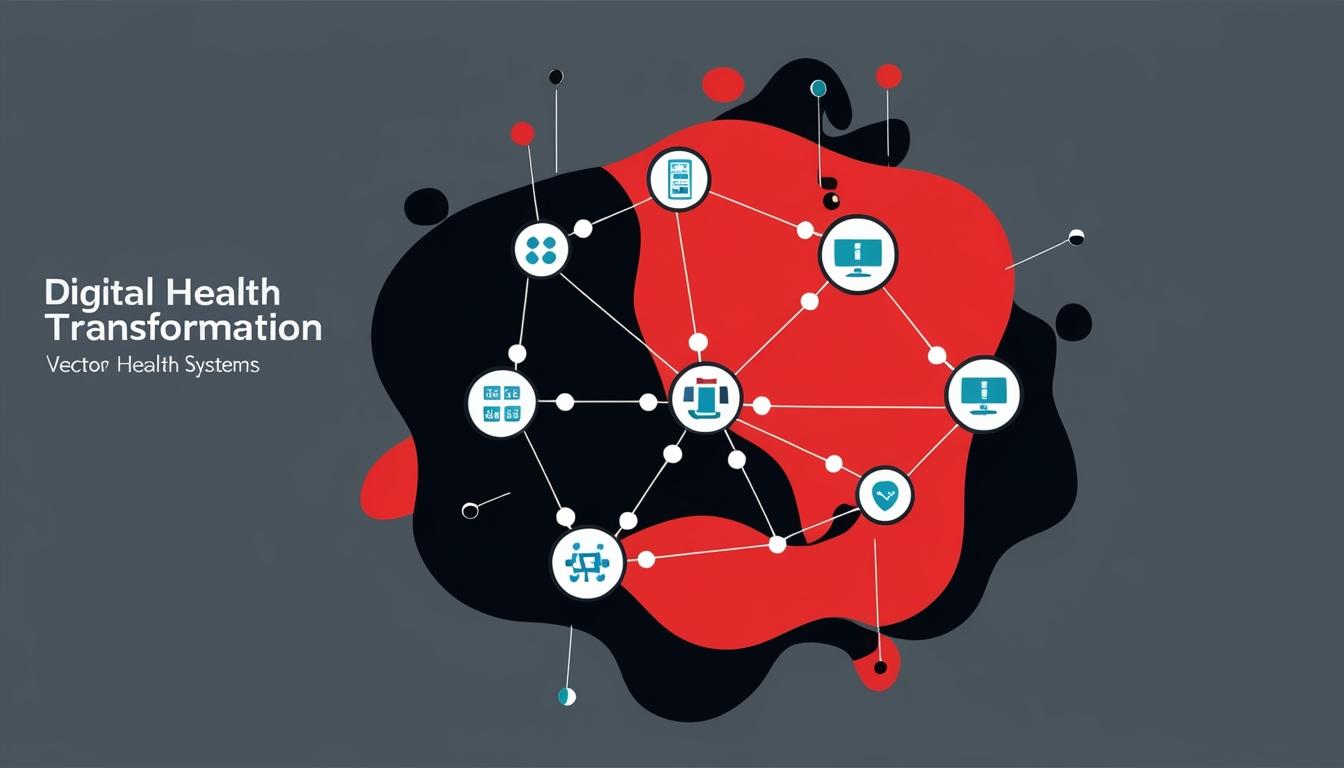The World Health Organization (WHO) has issued an invitation for public comment on a draft report titled “Advancing the Responsible Use of Digital Technologies in Global Health”, which examines the slow integration of digital technologies into the health sector compared to other sectors such as transportation, finance, and entertainment. The draft report, produced by the WHO Science Council, highlights a total of nine recommendations aimed at overcoming barriers to the effective use of digital health technologies.
The report identifies significant challenges, particularly in Low- and Middle-Income Countries (LMICs), where inadequate national plans and foundational infrastructure impede the potential benefits of digital health technologies. It notes that while aspirations for digital health are high across various nations, many remain unable to effectively realize their potential due to a myriad of obstacles. Among these challenges is the perception that digital health implementation is merely a cost rather than a worthwhile investment, leading to a call for more rigorous evaluations to strengthen the case for investment in this area.
Specifically, the draft outlines nine key obstacles to the adoption of digital health technologies, including a lack of interconnected infrastructure and interoperability; limited availability of user-friendly tools that address cultural and linguistic barriers; resistance to digital adoption and insufficient training for health professionals; and significant underinvestment coupled with fragmented funding. Moreover, it notes inequalities in access to digital health resources and a lack of robust mechanisms for monitoring effectiveness and adapting to the evolving landscape, alongside concerns regarding equity, privacy, and security.
In response to these identified obstacles, the draft report proposes several recommendations. These include ensuring multi-stakeholder engagement in the creation of digital health policies, promoting a unified approach to enhance patient care, and leveraging digital tools supported by artificial intelligence (AI) for improved public health response and readiness. Furthermore, it emphasises the need to develop a digitally skilled health workforce through appropriate training programs and to establish collaborative platforms for evaluating the economic viability of digital health initiatives.
The report also calls for greater private sector involvement and the establishment of systems that facilitate ongoing evaluation and learning in digital health. With the current WHO Global Strategy on Digital Health set to expire in 2025, the report points to an urgent need for a revised strategy that embraces emerging technologies, including data science and AI, while addressing both new opportunities and persistent challenges.
The invitation for public feedback on the draft is open until 29 January 2025. Stakeholders interested in the future direction of digital health are encouraged to engage with the document to inform its final recommendations.
Complementing these initiatives, the WHO launched the Global Initiative on Digital Health (GIDH) in 2023, aimed at creating a platform for collaboration among organisations worldwide to implement the WHO’s global digital health strategy. This initiative seeks to enhance transparency and reporting of digital health resources for measurable outcomes.
Additionally, the WHO has also released a handbook aimed at facilitating the digital transformation of primary care services, addressing the conversion of traditional paper records to digital formats, which represents a significant step towards comprehensive digital health transformation. Following these developments, a recent panel discussion hosted by HTN, featuring experts from countries including Spain, Bermuda, and the UK, explored current digital capabilities in health tech, ongoing projects, and future priorities.
Source: Noah Wire Services
